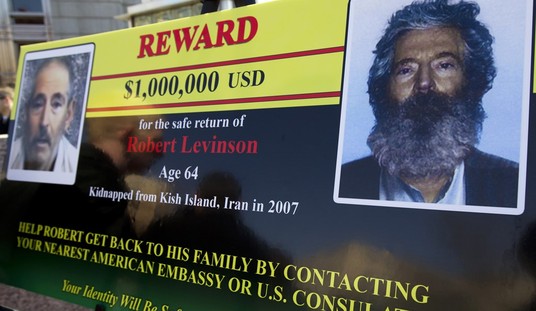South Africa has worked hard to overcome its horrific past of apartheid. When icon Nelson Mandela became the nation’s first Black prime minister, he worked with leaders from both the black and white communities to take on the difficult task of healing their deep wounds. A process of “reconciliation” was started. This was an official, legal mechanism that gave all citizens the opportunities to come forward with their stories of abuse and discrimination. Even those who had been the oppressors were given the opportunity to testify in government-led community forwards. They were allowed to unburden themselves of the crimes they had committed as employees of the state. In many cases they sought forgiveness from their fellow South Africans. In exchange, the population agreed not to prosecute those who acted as members of the apartheid state.
It was a Herculean task, no doubt. However, South Africans seemed to take to the challenge under the leadership of Mandela. The country has seen much turmoil but also much advancement.
Now the course of their history seems set to take another tragic turn.
On Wednesday, the South African Parliament voted in a landslide to forcibly seize farmland from white farm owners for redistribution to black South Africans. This comes after a 2017 audit that discovered nearly 72% of farmland in the nation was owned by white farmers.
The country’s constitution is now likely to be amended to allow for the confiscation of white-owned land without compensation, following a motion brought by radical Marxist opposition leader Julius Malema.
It passed by 241 votes for to 83 against after a vote on Tuesday, and the policy was a key factor in new president Cyril Ramaphosa’s platform after he took over from Jacob Zuma in February.
Mr Malema said the time for ‘reconciliation is over’. ‘Now is the time for justice,’ News24 reported.
‘We must ensure that we restore the dignity of our people without compensating the criminals who stole our land.’
Mr Malema has a long-standing commitment to land confiscation without compensation. In 2016 he told his supporters he was ‘not calling for the slaughter of white people – at least for now’.
A 2017 South African government audit found white people owned 72 per cent of farmland.
Rural affairs minister for the ruling African National Congress party said ‘The ANC unequivocally supports the principle of land expropriation without compensation’.
The ANC has been under increasing pressure to redistribute farmlands for quite some time now.
Freedom Front Plus party leader Pieter Groenewald said the decision to strip white farmers of their land would cause ‘unforeseen consequences that is not in the interest of South Africa’.
The deputy chief executive of civil rights group Afriforum said the motion was a violation of agreements made at the end of apartheid.
Zimbabwe did the same years ago with tragic results. Being unprepared to transition from the working poor to landowners, black farmers quickly began to fail. Famine and economic crisis spread across the country as farms began to flounder and dry up.
‘The time for reconciliation is over; now is the time for justice,’ EFF leader Julius Malema told parliament.
The results for a huge economy like South Africa could be even worse.
This seems hauntingly like the plot of the final Hunger Games movie. Katniss and her rebel cohorts have secured the capital and defeated their oppressors. When the new council of victors meets to decide the fate of the ex-ruling class, the newly crowned President Coin suggests they throw a new version of the Hunger Games using the children of their enemies this time. Her reasoning?
Justice.
Regardless of South Africa’s troubled past, there are people who have worked their whole lives to provide for their families who have done nothing wrong but be white, and now their lives and homes are going to be stolen by a hostile government. This doesn’t seem like a wise way to justice and will only lead to more heartache and bloodshed.
The honorable Nelson Mandela must be rolling over in his grave right about now.














Join the conversation as a VIP Member